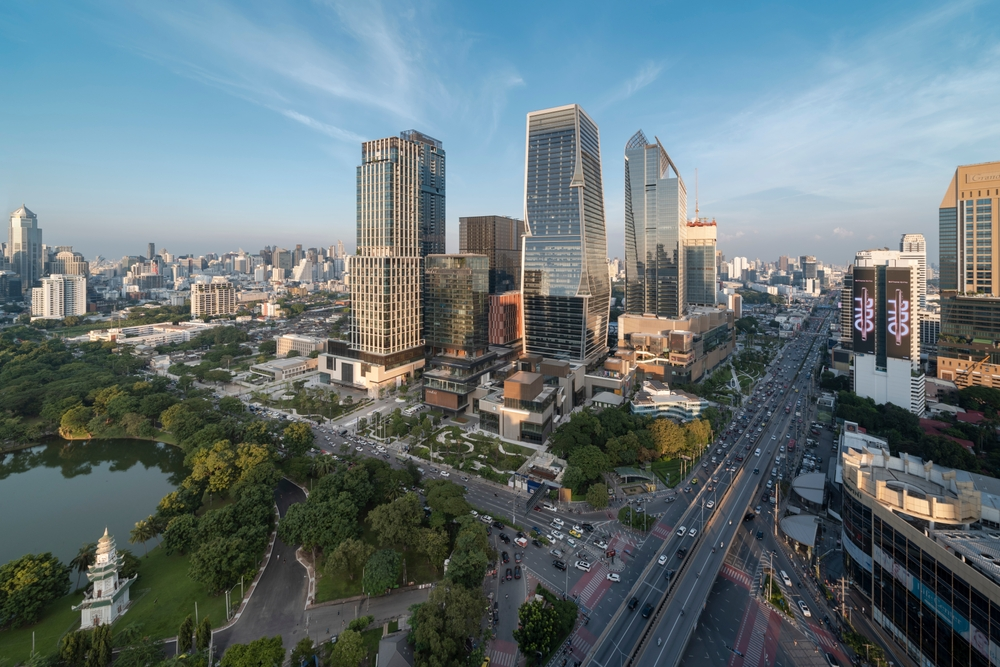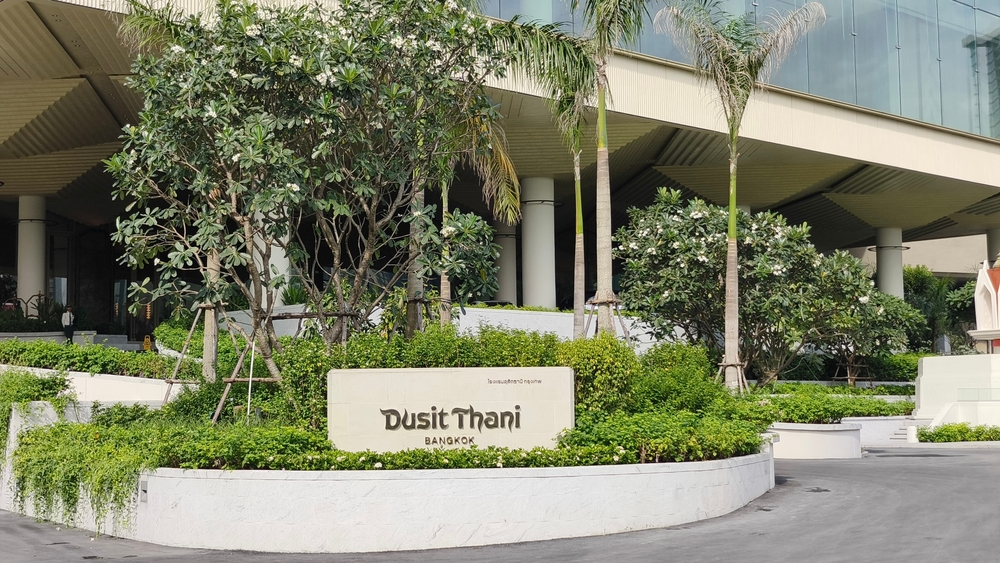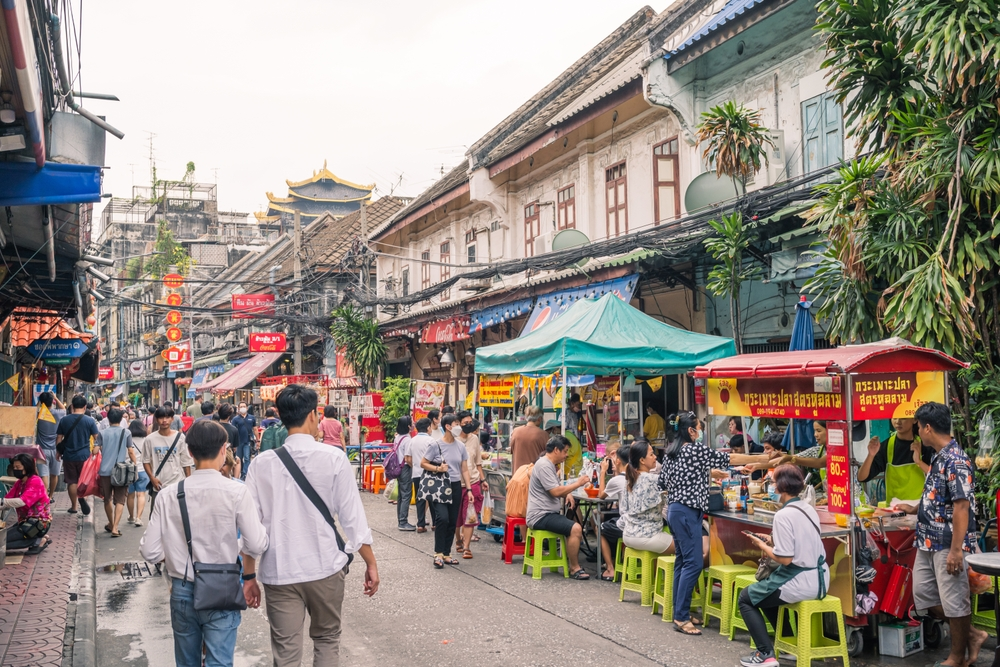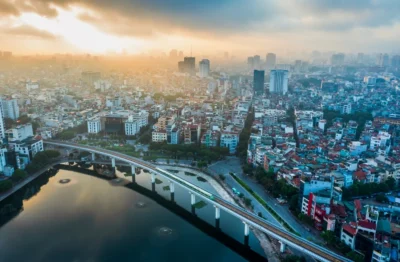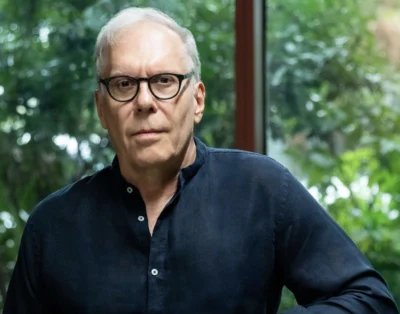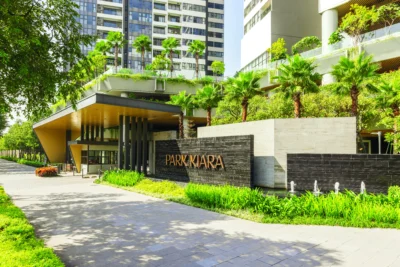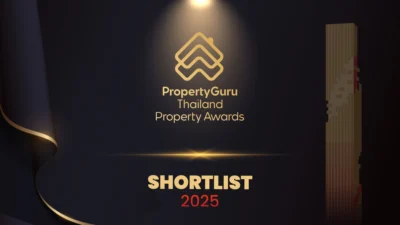Bangkok’s luxury real estate flourishes amid economic challenges
New luxury mega projects boost the top end of Bangkok’s market, but weak economic growth hampers other ranges of the city’s real estate sector
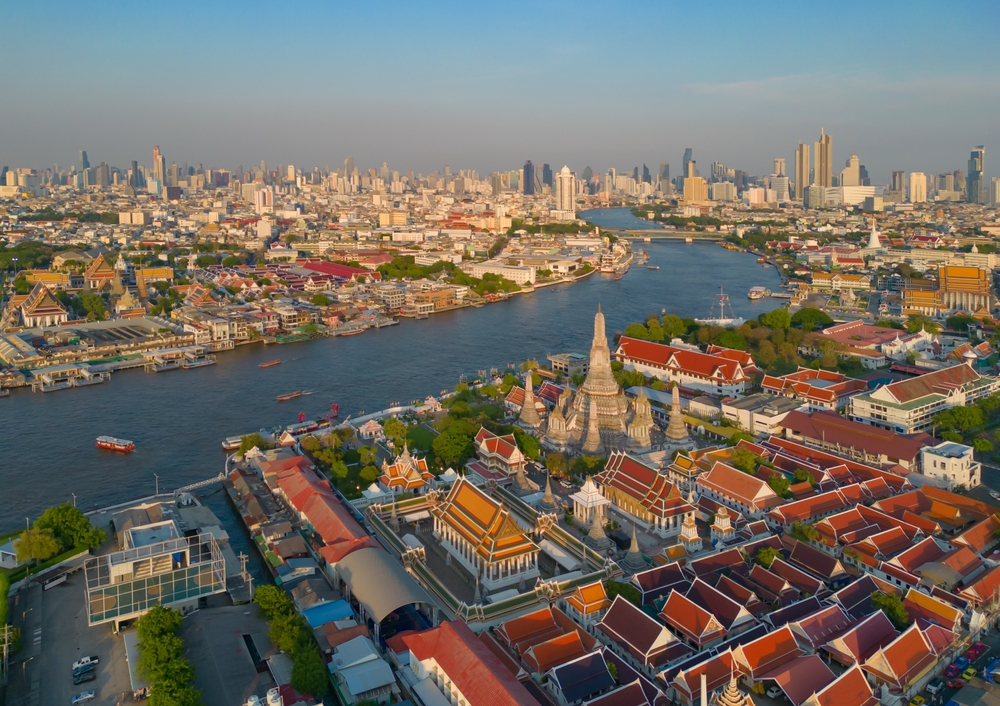
In Bangkok, recent residential projects and policy launches indicate the extent to which the bottom and the top of this increasingly segmented market have become stretched.
In late October, the mixed-use megaproject One Bangkok officially launched. It includes five hotels and three residential towers, all high-end offerings in the city’s CBD overlooking Lumphini Park, the city’s main green lung.
A month earlier, at the opposite side of the park, the relaunch of the Dusit Thai hotel marked the first rollout stage of another luxury, mixed-use development, Dusit Central Park, featuring offices and high-end residences. Forestias, another luxury, mixed-use project in Bangkok designed by English starchitect Norman Foster’s firm Foster + Partners, also launched in late October.
The rising supply at the luxury and “ultimate class” end of the residential market points to the shift underway in Bangkok towards higher standards of living, particularly in the centre, as growing numbers of high-net-worth Asian buyers gravitate towards the city.
Yet high household debt and a sluggish economy have led to a drawn-out recovery at the lower end of the residential market, causing developers to press the government for greater policy support. The result has been a rising gap between the top and bottom of the market as wealthy buyers from countries such as China and Myanmar seek second homes in downtown Bangkok. In contrast, demand from local buyers, saddled with among the highest rates of household debt in the region, has continued to stall.
In January, Pheu Thai, the leading party in the government’s fragmented coalition, launched the latest of its populist policies, Homes for Thais. This policy aims to offer hundreds of thousands of low-cost homes to first-time buyers using a lottery system. In early February, The Nation reported that the project’s official website received 75 million visits, equivalent to more than one visit per person in this country of 72 million people.
“The ‘Homes for Thais’ project will help first jobbers or any workers who are saving money for their residences,” said Thai Prime Minister Paetongtarn Shinawatra at the project launch.
The impacts of the scheme remain untested, although real estate analysts in Thailand say they are likely to be minimal in terms of residential sales since the majority of those accepted on the scheme would not typically qualify for a standard mortgage from a bank. The low-end, mass market and rental segment are therefore expected to be impacted only.
The scheme is widely seen as a response to growing difficulties among ordinary Thais who have struggled to afford to buy housing. In late 2024, household debt in Thailand climbed to 104 percent of GDP, among the highest rates in the region, according to a study by Chulalongkorn University which also factored in informal lending.
Poor credit, high bad loan rates registered by Thai banks, and a corresponding drop in liquidity in the financial sector have directly impacted the housing market, buyers, and sellers. Since the pandemic, mortgage application rejections have soared in Thailand for properties below THB3million (USD89,000), reaching 70 percent in 2024, a rate due to continue to rise into 2026, according to a report by Siam Commercial Bank last year.
Developers have also suffered decreasing access to credit, prompting industry bodies including the Design and Construction Real Estate Trade Association and the Housing Business Association to issue a public call to the government and central bank to introduce stimulus measures.
In February, assistant central bank governor Suwannee Jatsadasak said the Bank of Thailand was “weighing measures” in response. In its annual report on 2024 released in February, the central bank said the rate of bad loans at banks in Thailand had fallen slightly to an average of 2.78 percent amid signs of a slowdown in household debt, indicating positive signs for liquidity.
However, the overall economic outlook for Thailand in 2025 remains weak. In mid-February, the World Bank reduced its GDP growth forecast to below three percent as the country continued its sluggish rebound from the global pandemic. “Providing targeted household debt relief while minimising credit tightening and maintaining financial stability remains a priority,” it says.
In late February, the Thai central bank slashed interest rates to two percent, the second quarter-point reduction in the benchmark one-day repurchase rate in four months amid a shift from curbing inflation towards kickstarting the economy.
Among the factors cited by the Secretary of the Monetary Policy Committee Sakkapop Panyanukul as justification for the latest rate cut was “intensified competition” from imported products, including in the construction materials sector. Thailand continues to produce and export key materials, including cement but has faced growing competition from China in particular.
A glut of housing inventory amid oversupply has created an additional key challenge for the real estate industry. Last year, Thailand’s Real Estate Information Center reported that the value of unsold units across the country had nearly doubled in the past decade, up to THB1.57 trillion (USD 46.6 billion) in housing stock, or more than 350,000 units nationwide.
Recent oversupply, rising levels of unsold units, and the credit crunch have together led to a significant fall in project rollout in Bangkok, as new launches fell 19 percent in 2024, according to the Agency for Real Estate Affairs.
A lack of land supply in prime areas in central Bangkok represents yet another factor impacting housing developers. Sarawut Tikhachon, senior analyst at Cushman & Wakefield, comments: “Recently, it has been rare to see new condominiums launched in the CBD area, as [we have seen] high land prices and limited supply of land for project development.”
This caused a drop in the average selling price of condo units in Bangkok during the second half of 2024 for the first time since the global pandemic, says Tikhachon, as most new units were located outside of the city centre.
Sluggish activity will continue through 2025 with Thailand’s listed developers having announced “very limited plans for new project launches”, CBRE told reporters at a market update in Bangkok in mid-February.
The bright spot for Thailand’s capital remains the very top of the residential market. The supply of “ultimate class” units in Bangkok, priced above THB100million (USD2.97 million), has steadily grown from almost nothing in 2015 to nearly 400 units today, with more than half sold across 25 projects by the end of the third quarter last year, according to a report by Colliers.
Outside of the very top of the market, the outlook for Bangkok’s residential real estate industry remains modest at best, despite significant growth in the hospitality and industrial segments, based on a strong rebound in international arrivals and foreign business start-ups
It said that this rapid rise in the construction of luxury units has been driven by the draw of Bangkok as a destination for high-net-worth individuals from around the region. By the end of September 2024, there were 168 unsold ultimateclass units left to be sold across Bangkok, with a further 30 units due on the market by the end of last year. The northern fringe of the Thai capital, close to Don Mueang Airport, has recorded the highest take-up rates of ultimate-class units in Bangkok.
This super-luxury segment, an emerging signature of downtown Bangkok’s residential market, is typified by projects including One Bangkok and Dusit Central Park. Dusit has reported that 85 percent of its units were sold during the construction phase, a project which includes “ultra-luxury” four-bedroom, 900-square-metre penthouses with views over Lumphini Park, the largest green space in downtown Bangkok.
“Early signs for 2025 suggest increased activity in the downtown condominium market, particularly in the luxury and super-luxury segments, for both branded and non-branded projects,” says head of residential sales at CBRE Thailand Artitaya Kasemlawan, an agent for Dusit Central Park. “The target market will be a mixture of domestic enduser demand and foreign buyers seeking second homes, particularly from countries in the region.”
Forestias, a mixed-use project with luxury residential units located on the eastern outskirts of Bangkok, has faced challenges, however. After plans to launch the project in 2023 were delayed due to the pandemic, the original developer sold 95 percent of the “Happitat” component of the project, including shopping malls and an office tower, in December.
The buyer, CP Axtra, is listed on the Stock Exchange of Thailand and owned by the wealthiest family in Thailand. Following the buyout, Bualuang Securities stated they expected the deal to have a negative impact on CP Axtra’s earnings per share, a sign of the risks associated with the project.
Outside of the very top of the market, the outlook for Bangkok’s residential real estate industry remains modest at best, according to analysts, despite significant growth in the hospitality and industrial segments based on a strong rebound in international arrivals and foreign business startups, particularly from China.
Data from CBRE shows that new condominium completions and launches this year were scheduled to be lower than in 2024, and would remain significantly down compared to 2020, a sign Bangkok’s residential market has still not recovered from the pandemic.
Roongrat Veeraparkkaroon, managing director of CBRE Thailand, says that continued excess supply means 2025 will be a “year of consolidation” for the residential market with a more positive outlook for non-residential segments. “Overall, we are hopeful that domestic demand and financial liquidity will improve during the year, creating positive sentiment and generating increased market activity across all sectors,” he adds.
This article was originally published on asiarealestatesummit.com. Write to our editors at [email protected].
Recommended
Asian infrastructure investments boost real estate and economic growth
Governments around Asia are spending billions to fuel infrastructure development to boost real estate and economic growth
Arquitectonica’s global impact reshapes skylines from Miami to Asia
Bernardo Fort-Brescia and his design practice Arquitectonica are making a seismic impact in Asia from an HQ in Florida
Park Kiara in Hanoi raises the bar for sustainable urban living
Park Kiara in Hanoi is a repudiation of low-density, car-dependent suburban sprawl
6 reasons Bekasi is rising as Greater Jakarta’s next hotspot
One of Greater Jakarta’s rising stars is prospering, thanks to ample recreation and a contingent of desirable housing projects

